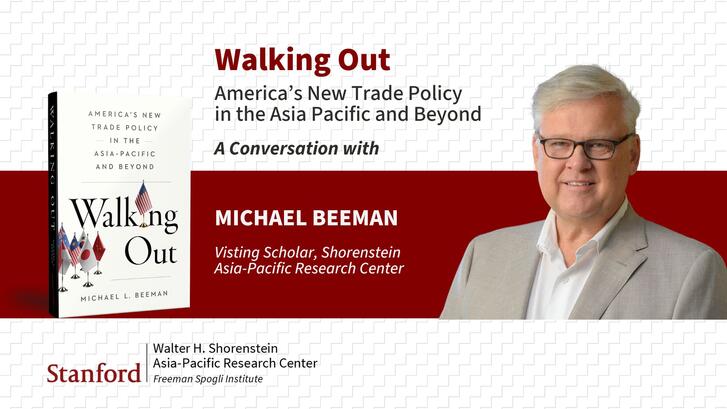Indeed, the notion of "Chinese privilege," a term that Cherian uses in her research, has roots in the American concept of "white privilege," yet it takes on distinct meanings within the Singaporean context. "Chinese privilege" refers to the systemic advantages that ethnic Chinese enjoy in Singapore, something that Cherian’s research subjects, primarily Indian Singaporeans, use to explain their marginalized position within the city-state. For Cherian, these local terminologies and frameworks are essential to understanding the racial dynamics at play. "I make sure to study Singapore race relations on their own terms," she says, "which is at the heart of anthropological inquiry itself."
Navigating the sensitive nature of her subject matter, Cherian is aware that critiques of the state’s racial policies can be met with censorship, or worse, backlash. Yet, she sees these challenges as integral to capturing the complex dynamics of racial identity in a globalized world. "Race is not a monolith," she asserts. "It’s a lived reality, and that’s where the story lies."
Scholarship Shaped by Interdisciplinary Conversations
Cherian’s time as a predoctoral scholar has been pivotal in shaping her approach to research and its potential for broader societal impact. While her research at APARC has allowed her to refine her dissertation, titled "Discordant Harmonies: Everyday Life in the Racial City-State," the experience has also provided her with a unique opportunity to engage in interdisciplinary conversations with scholars and practitioners from across Asia and the world.
"It’s been inspiring to see how postdoctoral scholars and faculty at APARC have mobilized their findings in ways that have a broader impact," Cherian reflects. "It’s made me think about how I can channel my own work into productive change. Whether it’s through policy conferences or meetings with world leaders, the way scholars here have connected their research to real-world challenges has been really inspiring."
The collegial and intellectually stimulating environment at APARC has helped her envision new possibilities for her academic career. Cherian describes the APARC community as one that is both rigorous and warm. “I’ve had some great conversations with my deskmates and at lunch events,” she says. “I’ve received reading recommendations and heard fascinating stories about the varied professional trajectories of the people around me. It’s helped me imagine even more futures for myself.”
Looking Ahead: Turning Research into Action
With her dissertation nearing completion, Cherian plans to adapt her work into a book that will bring the complex, often discordant dynamics of race relations in Singapore to a broader audience. Through this book, she hopes to offer a new perspective on how race operates within the everyday lives of Singaporeans, ultimately providing a more grounded understanding of racial governance in the city-state.
To aspiring scholars in race and ethnicity studies, Cherian offers this advice: "Center your research subjects," she says, emphasizing the importance of grounding scholarly work in the lived experiences of people. "Take seriously how they understand their world, and don’t be afraid to confront the gaps in the existing literature."
Driven by a commitment to rigorous scholarship and its social impact, Cherian’s work challenges us to reconsider how race is not just a structural concept, but a lived experience that shapes the very fabric of urban life in Singapore and beyond.






















